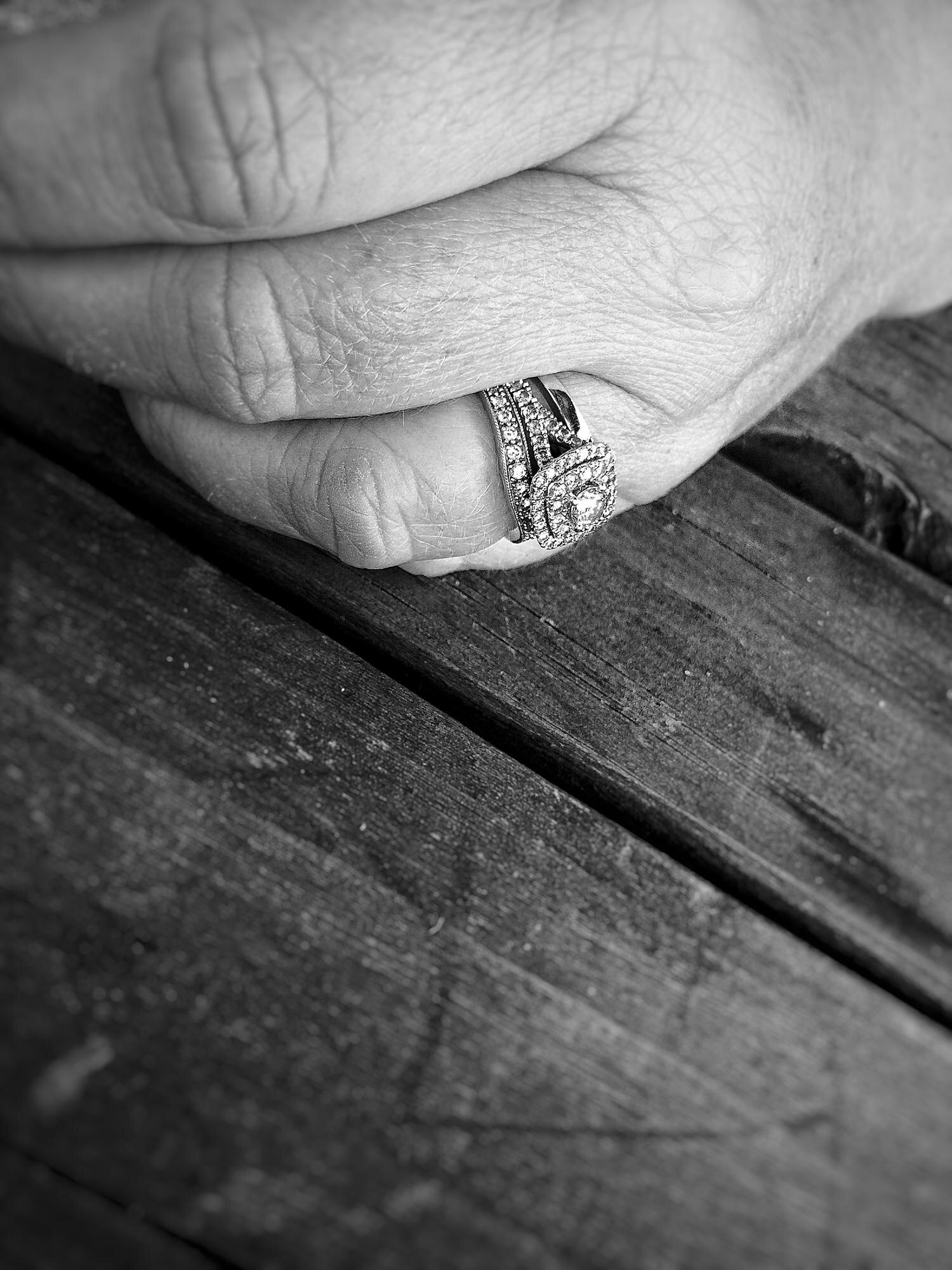It’s a story we hear all the time.
Different names, different assets, different family dynamics — but the same pattern: someone passes away, and what follows isn’t just grief. It’s uncertainty. Tension. And too often, conflict.
Not because people are greedy. But because no one wrote down the little things — or when they did, they didn’t make them clear.
Sometimes, the things that cause the biggest rifts aren’t mentioned in the Will at all. And even when they are, there’s no explanation behind the choices. That’s where cracks form.
One family we met had a mother who passed away after years of summers spent at the cottage with her three kids. Her Will was perfectly drafted: the house to be sold, the proceeds divided evenly. But it said nothing about the cedar canoe, or her wedding ring, or the cottage table marked with decades of memories. Each sibling had a different memory of what their mother had said. One recalled a promise about the ring. Another believed the boat was supposed to stay in the family. The third said they’d been the one maintaining the property for years. The conversations started civil, but over time turned emotional. Words were said that couldn’t be taken back.
Another story is personal. When my grandmother passed — at 104 years old — she left behind handwritten notes tucked into drawers, journals, and boxes. She had updated them over the years, sometimes every decade or so. But it wasn’t always clear: were the newer ones meant to replace the old ones? Or were they meant to be read together, layered with nuance?
In our case, we were lucky. My siblings, cousins, and I all got along. Maybe too well — because instead of fighting, we politely stalled. No one wanted to be the one to claim anything. We spent months checking in, making sure someone else didn’t want that vase, or picture frame, or brooch. It dragged out what could have been a comforting process. I remember thinking at the time: If only there were an app for this. Something that offered structure but still left room for the human side of it all.
That idea stayed with me.
It helped shape what eventually became Trusty.
And then there are the families where the stakes are even higher.
An executive at RBC Royal Trust once told me about an estate they were settling that included a significant art collection — pieces worth millions. The Will said the art was to be divided between the three children. But once the parents had passed, all three kids agreed: the art should be donated. All of it — except one piece. It was the painting that hung over the dining room table. The one they’d sat in front of every Sunday for decades. That painting, each child felt, belonged to them.
But there was no further instruction. No video. No note. No explanation. Just silence.
The advisor said, “We imagined what it might have been like if there had been a video. Even a short message. Maybe the parents could have added a condition — that whoever received the painting would commit to hosting Sunday dinners. Or maybe they would have said, ‘This one should go somewhere public — so you all can visit it, together.’”
Without that clarity, the piece remained in limbo. The family couldn’t agree. And that one unresolved item cast a shadow over an otherwise generous and well-intentioned estate.
These stories — rings, boats, artwork, family heirlooms — they sound small. But they hold weight. Emotional weight. And when that weight isn’t balanced with guidance, it leads to conflict.
According to the Financial Planning Standards Council, one in four Canadians has experienced family friction over unclear estate planning. In the U.S., 44% of adults say they worry their family will fight over their estate. That fear? It’s not unfounded.
And it’s not inevitable, either.
That’s where Trusty comes in. Not to replace your lawyer. Not to write your Will. But to support everything around it. With Trusty, you can record video messages for specific assets. You can log what you want passed down — and to whom — with context. You can make your intent clear.
You can also prevent your family from having to interpret, debate, or argue over what they think you meant.
Because sometimes what people want most is not just the thing — it’s the feeling that they were remembered. That they were chosen. That they were understood.
Estate planning isn’t just about dividing assets. It’s about leaving behind peace. And that peace rarely lives in legal documents alone.
It lives in clarity.
In compassion.
In stories told — and wishes made — before it’s too late.
Partner with Trusty
Connect with our partnership team to learn how Trusty can enhance your services and bring peace of mind to those you serve.
.avif)







